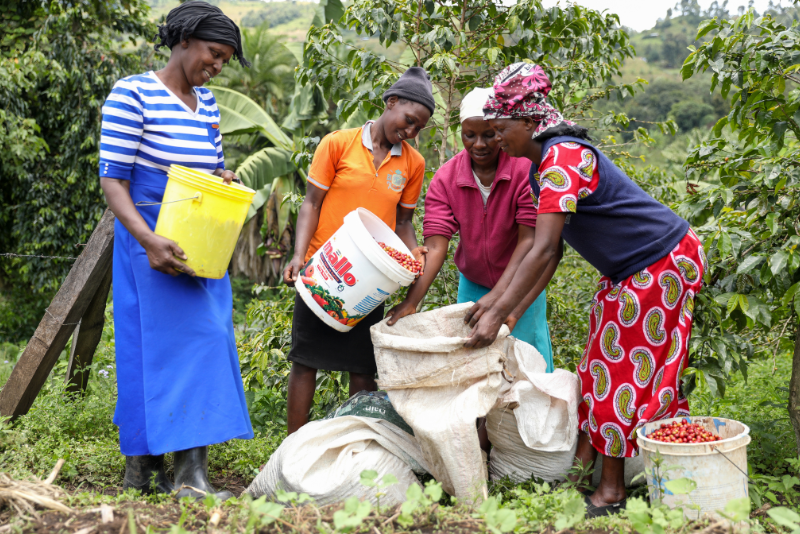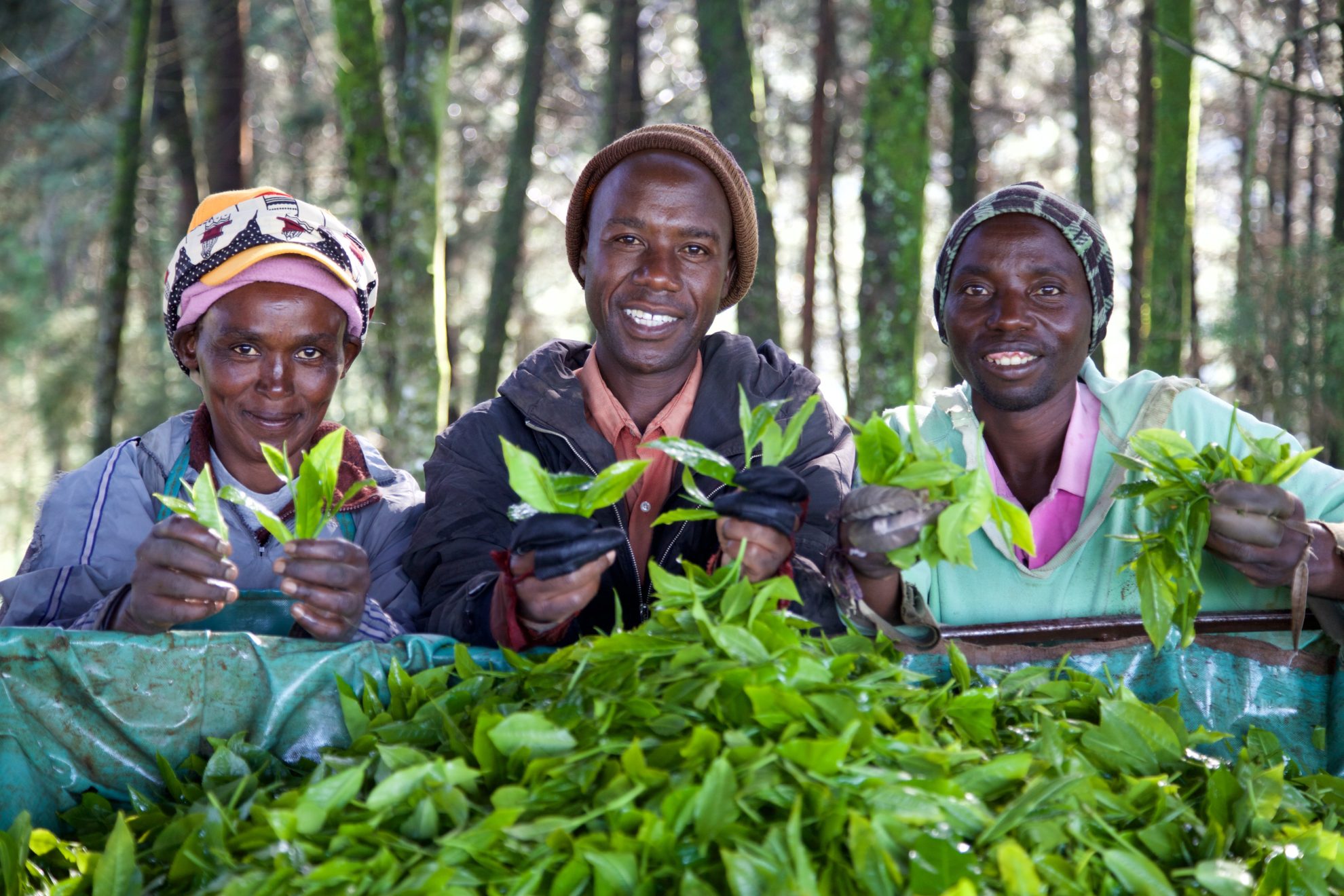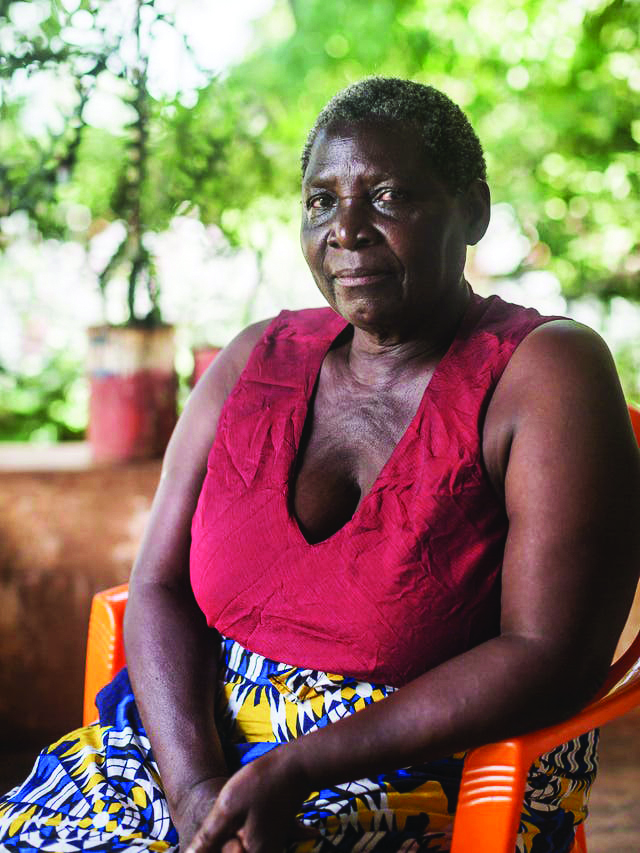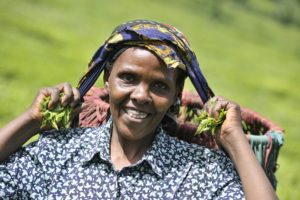
Women to the front: how Fairtrade addresses gender equity
Read more

After water, tea is the most consumed beverage in the world. But there are many challenges in the industry that put tea farmers and workers at a disadvantage.

Fairtrade has helped me in so many ways. Before Fairtrade, the amount of money we were getting for our tea was much lower. Through Fairtrade, we’ve been able to invest in school blocks, a clinic, clean water sources and covering school fees for orphans.
ESME KAMWENDE
TEA FARMER, MALAWI
The multi-billion-dollar tea industry employs millions of people, but working conditions and earnings for the producers are often dire. Fairtrade works with workers on plantations as well as with smallholder farmers to bring Fairtrade tea to consumers around the world.
Large tea estates can employ thousands of workers, but conditions are poor and pay is very low. Meanwhile, small-scale farmers rely on facilities at large estates for processing, meaning they have little control over their incomes and access to supply chains.
Fairtrade has been committed to bringing about change for tea producers. Our rigorous Fairtrade Standard for Tea requires organizations to have a gender policy and prohibits forced labour and gender-based violence. The Standard also requires companies to ensure certain types of conditions for work, especially when it comes to legal youth employment.
Fairtrade certified tea producers receive the Fairtrade Minimum Price and Premium. Fairtrade tea farmers, a majority of whom are located in Kenya, often use the Fairtrade Premium they earn to invest in their farms, to improve quality and yield, or to provide much-needed equipment and facilities. Workers, most of whom are employed on estates in India, use most of their Premium funds for direct services for themselves and their families, such as education, healthcare, housing, and provision of credit when needed.

We’re proud to work with Canadian companies who choose to source Fairtrade. Now you can support your local brands dedicated to making trade fair by shopping Fairtrade local.
Fairtrade can make a real difference for farmers and workers, their families, and their wider communities.

Iriaini first started in 1981 with 2,000 shareholders. As an independent tea factory, Iriaini represents smallholder farmers who, as shareholders of these factories, supply 60% of Kenya’s green leaf. Today, Iriaini represents 7,137 smallholders who farm on average 0.5 hectares.
Read more about the cooperative, the impact of Fairtrade Premium investments, and farmer stories
Learn more with these recent stories about Fairtrade tea: